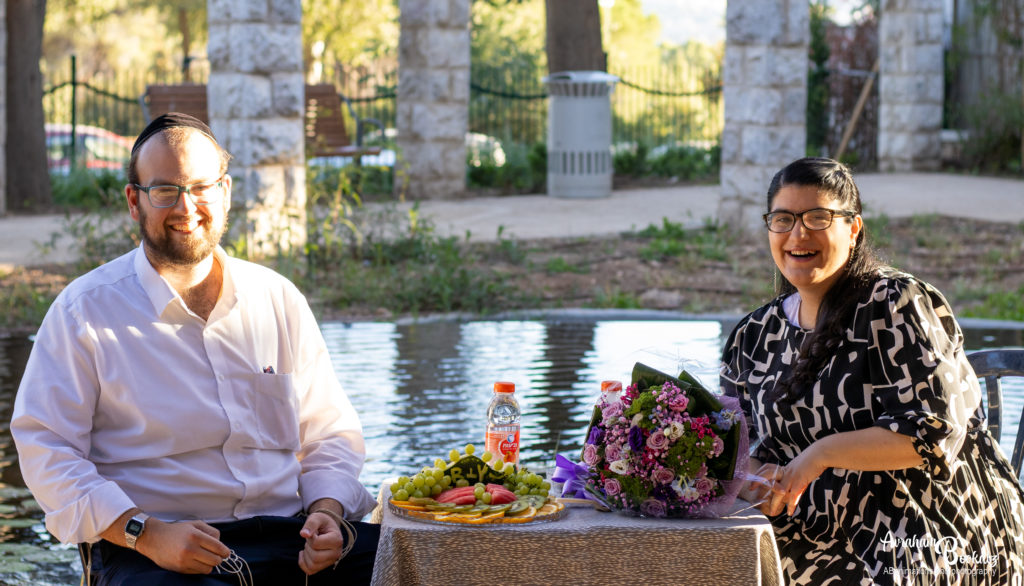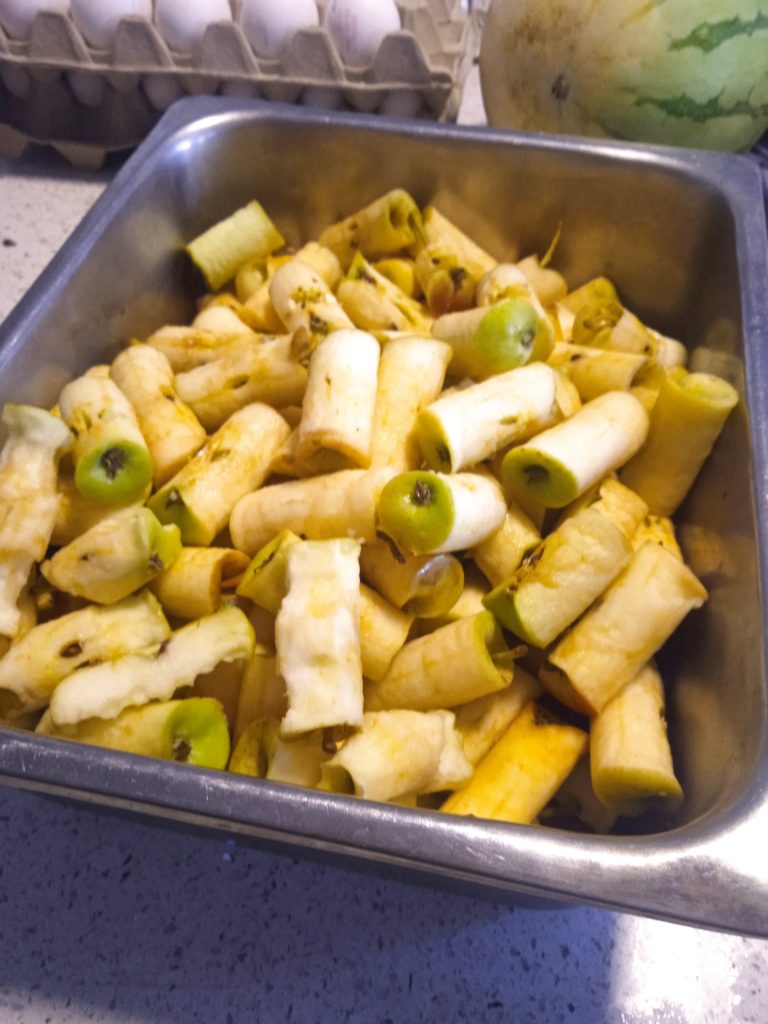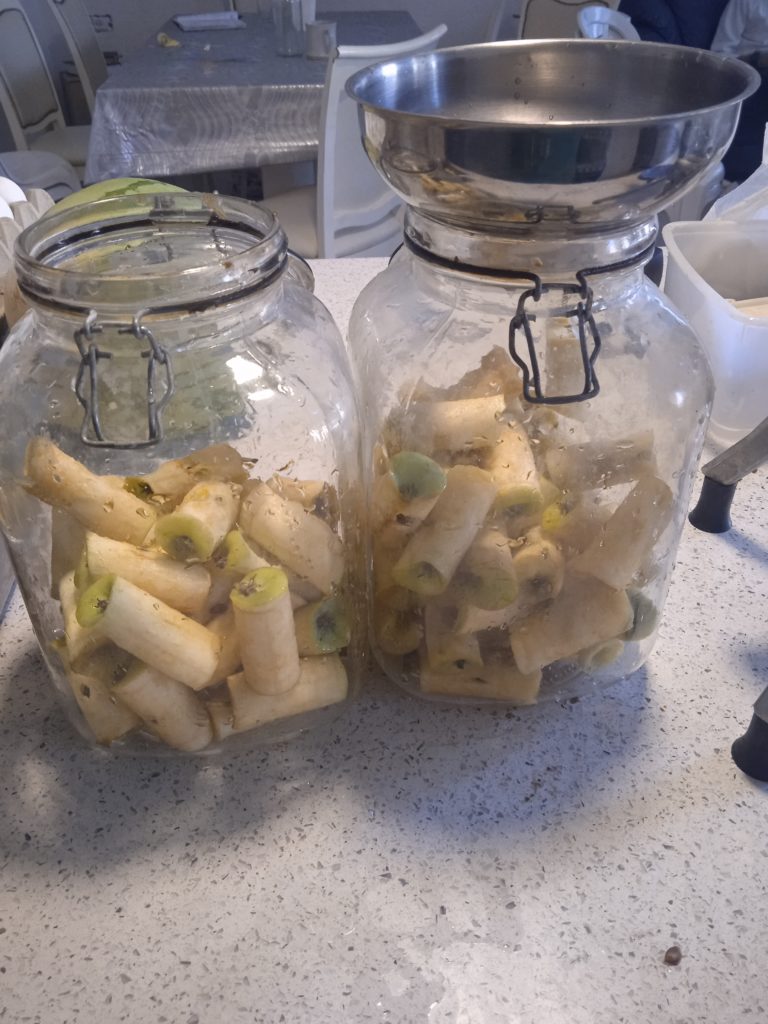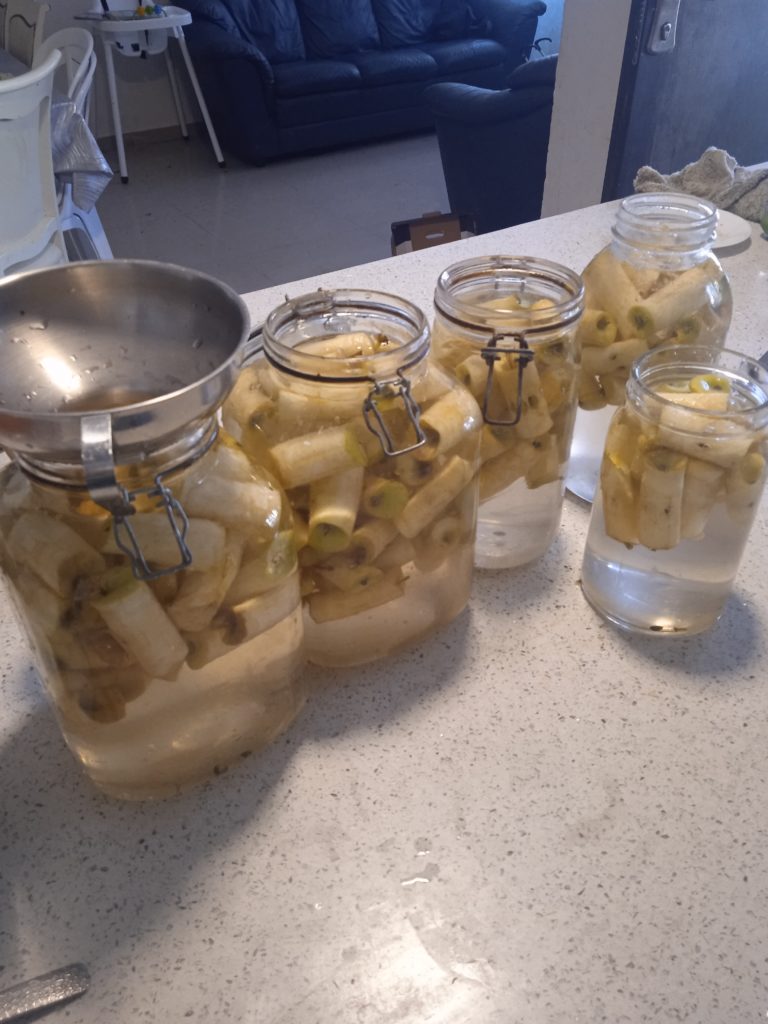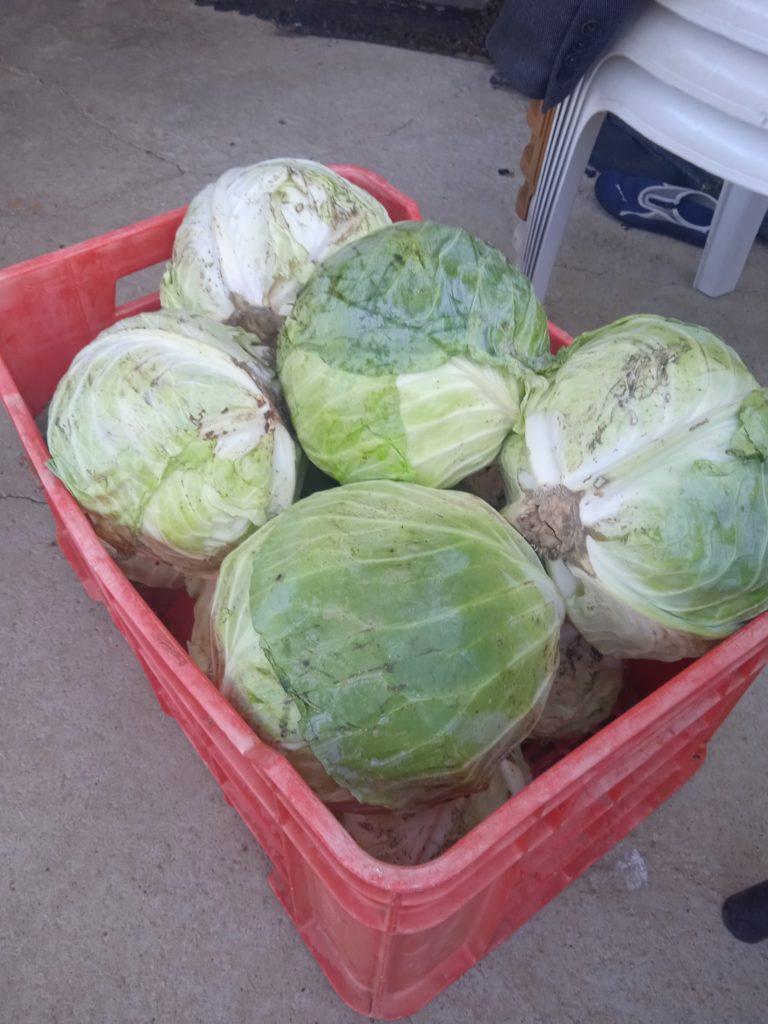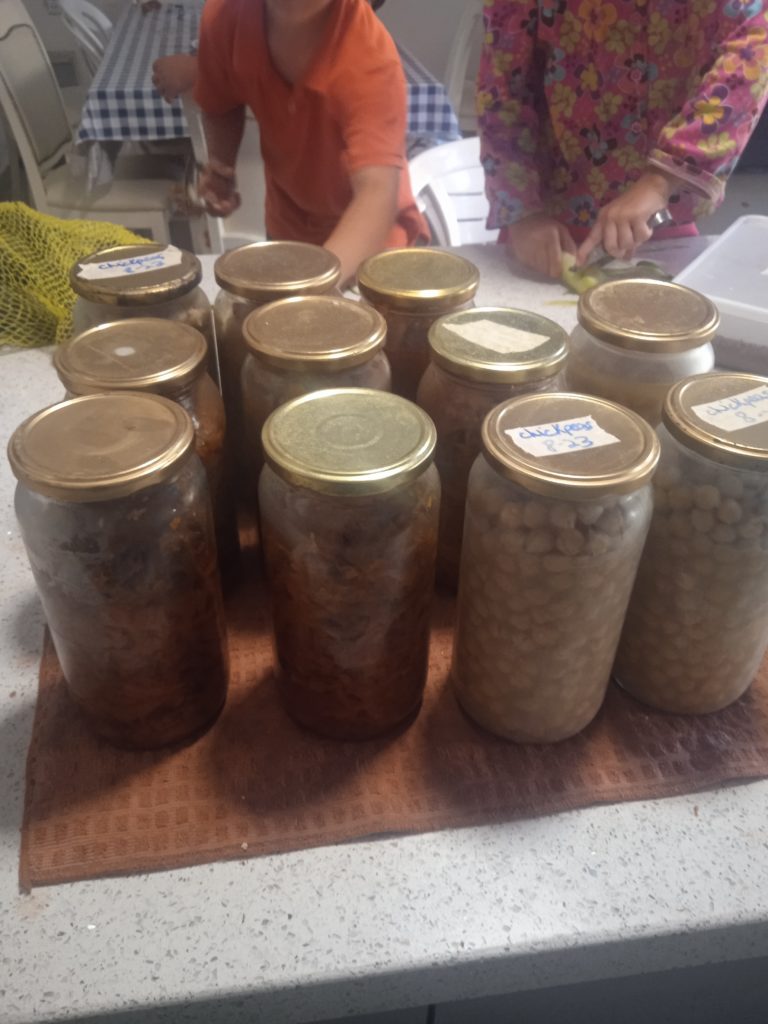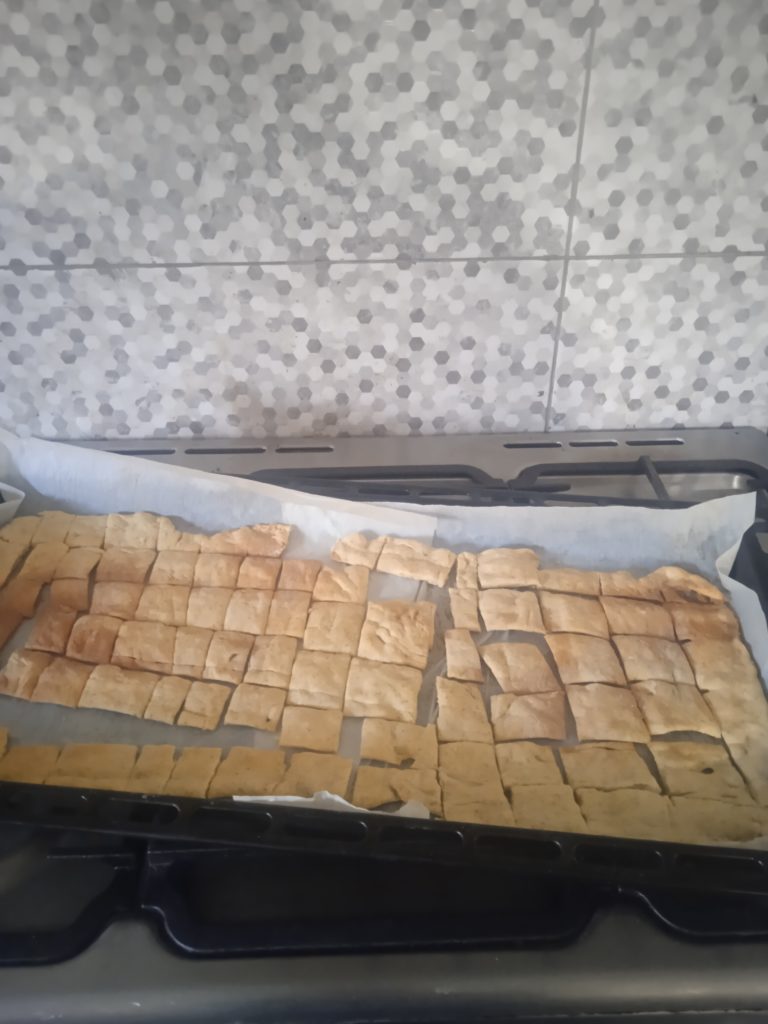This past May, the engine on our van went out and we didn’t want to invest in putting a new engine into a 2006 vehicle. Though I was planning to upgrade our vehicle, I hadn’t yet built the ‘new car account’ high enough to buy what I wanted.
We brought the twins home four days later, and almost immediately needed to take them to appointments. It was an incredibly hectic time and we had not even an extra moment to shop around for car loans so we did something out of character – we took a loan for the car through our bank since it was automatically approved, with monthly payments for a year.
The interest rate started off at 11% and was up to 11.5% two months later.
I don’t like debt but that interest rate was extra motivating. I buckled down hard on getting this paid off, throwing every bit of extra money that came in at this loan. I was so relieved and gratified to make the final payment less than three months after we took the loan.
Our success in paying down the car loan inspired me to set a very ambitious goal that I’m excited about: to have our mortgage paid off by December 2025.
When we made aliya twelve years ago we started over financially at the bottom of the ladder. It was really tough and it took a few years until we began to get some traction. That has built slowly but steadily, thank G-d. When we bought our home in Israel, I felt acutely aware that taking a thirty year mortgage in our late thirties/early forties meant we would have a mortgage years after my husband’s official retirement age. By taking a home loan at a time in life that many people had paid their mortgages off, or were close to paying them off, we were financial late starters.
Though I always wished we could pay off our mortgage early, it wasn’t until we made the decision to move to Yavneel that we were able to make any progress on this goal. When we made the decision to buy a home in Yavneel, we could have purchased at a comparable cost to what we sold our previous home for, or since we qualified for a higher mortgage amount, bought something more expensive.
That didn’t fit our goal of going into retirement mortgage-free. I was adamant about buying below our budget. When we looked at different homes for sale, we chose a large home with a beautiful view, opposite fields and next to an orchard, and very easy walking distance to the shul. In was also a fixer-upper in a rundown neighborhood; there wasn’t a single indoor picture of the house shown on the online listing, or even a close up of the outside. There was a reason for that – there was no good picture to be had!
My daughter who viewed the house with us said she didn’t see what made us want to buy it, and when we moved in in March 2020, my kids looked around and later told me their first impressions were that it looked really bad. It wasn’t horrible, but there was nowhere you laid your eyes that didn’t need fixing or replacing.
We did the necessary renovations ourselves and fortunately the neighborhood has improved quite a bit since we bought. We took the difference from what we made on the sale of our previous home and what we bought our new home for, and by putting it toward our mortgage loan, we were able to pay down a third of our mortgage.
Our remaining mortgage is split into two parts: the first is the original fixed mortgage payment, set at 4.2% interest, to be paid off in 2037 (we were fortunate to get a mortgage when rates were super low). The second payment is the portion of our mortgage that we refinanced in January 2023 from a loan linked to inflation to a fixed rate of 5%. That loan was also initially set to end in 2037 but when we did the refinance, we slightly increased our monthly payments in order to shorten the length of the loan by five years, so it was reset to end in 2032.
As a homeowner in the US, it was easy to regularly put money toward the mortgage principle using a simple online payment. It didn’t have to be a large amount; I regularly put a hundred dollars toward the principle. That’s not an option here; at least not at our bank. When we asked the bank about how to make extra payments, they told us we can only do it for large amounts. I asked how much, and she told me a minimum of 50,000 shekels. We put money aside until we had enough for a payment of that amount. The process was not quick and easy and they charged us several thousand shekels as a fee for the interest they were losing. But it did bring down our mortgage some more.
After making that prepayment, I felt daunted about making more early payments. In any event, our daughter got married soon afterwards and our ‘extra’ funds were being put towards that. Then the twins came soon afterwards and we had the car to pay off. When I started actively thinking again about how to prepay our mortgage loans, I mentioned to my husband how frustrating and intimidating I found the prepayment process.
He informed me there’s a webpage on the bank site where you can easily prepay whatever amount you want. I was delighted to hear this and checked it out right away, only to find the webpage was down – and has continued to be non-functional for months. Apparently making it convenient for borrowers to pay off their mortgages even a bit early isn’t a priority.
Fortunately my husband and I are a good team; I comb through our budget for funds to put towards the extra mortgage payment and he takes care of the hassle of making the payment. I’m going to share what’s involved and if you’re interested in making a one time or regular prepayment on your mortgage, knowing what is involved will make it more doable for you.
One huge thing I learned is that we don’t have to put down a very large amount, despite what I was previously told. It seems that the minimum payment you can make depends on the loan amount so you can’t throw five hundred shekels at it. And there is a fee of 60 shekels each time we make a prepayment, so it’s worth waiting a little longer and paying a larger amount to save a bit on the fee. I have no idea why we had to pay a penalty fee of thousands of shekels in the past when we prepaid a large amount.
First you have to call the bank to request a link to make the payment. It can take a long time to get someone on the phone but if you stick with it you’ll eventually get a representative. You let them know you want to make a partial mortgage payoff (siluk chilki), and choose to either make your monthly payment smaller to shorten the length of the loan. We choose the second option. They’ll send you a link to a form that tells you where to make the transfer.
Then you make the transfer, and fill out the form they sent with the details of what part of the mortgage you’re paying, the amount, the details of the transfer and upload the pdf from the bank of the transfer.
Once you do this, it will take three days until your mortgage will show the funds being credited to your account.
While this is annoying when it could easily be automated, it’s also not nearly as involved or as costly as I initially thought.
And it is so exciting to see the progress we’re making on the mortgage! I wanted to have a way to visually see our progress, so my husband made a chart that we keep on the fridge, with each block representing 5000 shekels paid off.
When I checked our mortgage balance before making our last prepayment, I was surprised to find it was ten thousand shekels less than I thought it should be based on the amount we paid off. When I did my original calculations, I forgot to take into account that our regular monthly payments were also paying off some of the principle. It was fun to be able to color in two more blocks on our chart – it felt like a freebie.
We’re working on first paying down the higher interest loan, and by making these early payments, we’ve already cut off four additional years off this loan since last year (the one that we shortened by 5 years when we refinanced last year) so after just a year, we’ve shaved nine years off the loan. It’s now set to end in 2028 versus 2037. My goal is to finish paying this one off in the next six months; assuming that happens, it will shorten the loan by thirteen years. That’s a lot of years of interest payments we’ll be saving.
Then we plan to tackle the remaining mortgage loan, using the monthly payment we previously paid for our first loan to accelerate our payments.
I was hesitant to set such an ambitious goal because I don’t like setting a goal and then not achieving it, and there are so many variables that are out of my hands that can affect my plans. But then I decided to set a goal that would energize and really motivate me, which this one does.
I talked to our teens before we did this, letting them know I’d be doing budget cutting. They were very supportive. One recently told me he thought we’d be eating rice and beans, sitting in the dark, and was disappointed by how ‘normal’ life felt. I laughed and told him we don’t have to give up all of our quality of life to do this! I’m thankful that all of our older children feel very abundant at the same time that we continue to live frugally.
I know that some people would say that the money could be invested in something that earns more interest than the interest we save by prepaying. While I’m sure there’s merit in that approach, I’m a financially conservative person and find comfort in the thought of having our primary residence paid for in full. The emotional benefits combined with the financial benefits make this a good choice for us.
Have you paid off a mortgage early, or is it something you’re currently working towards? I’d love to hear your experience!
Avivah

